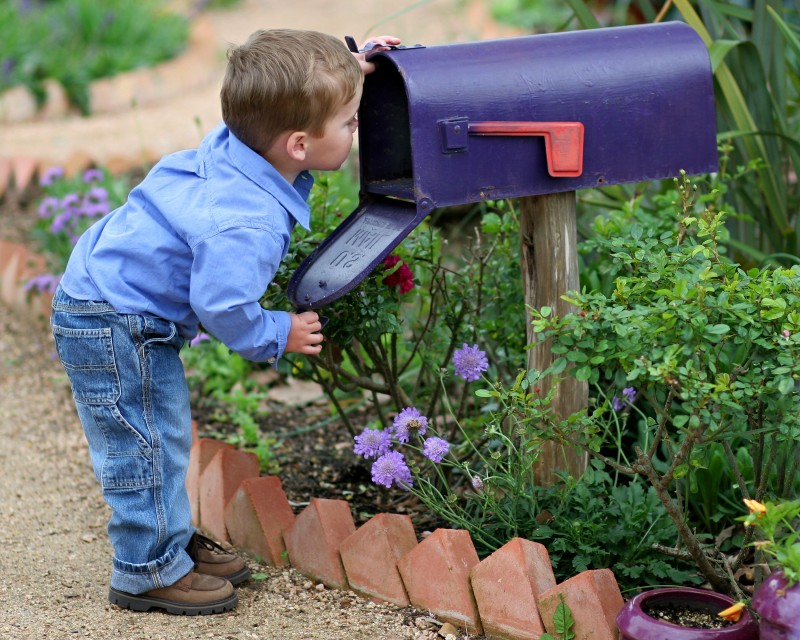The camp experience offers a nurturing environment away from distractions, and is a place to satisfy a child’s need for physical activity and creative expression. As a camp counselor myself, I’ve seen how just one week of camp can allow a child to grow as an individual. However, for many children, especially first-time campers, homesickness can creep in, and make having fun, sleeping, eating, and participating in camp activities problematic. Experts have studied homesickness, and research has shown that there are both at-home prevention strategies and in-camp interventions that parents and camp staff can use to help campers cope with homesickness. Studies have shown that homesickness is nearly universal for all campers, but that the vast majority of campers recover from homesickness relatively quickly when they are distracted by camp activities and engaged in the camp community.
In my experience, I’ve found certain strategies to be very effective for camp staff and parents helping campers through homesickness.
- There’s no time for homesickness when campers are engaged in fun camp activities. A child who feels excluded is more likely to start thinking about home, so it is important to make sure that all campers are always participating in group events. As a camp counselor I also found that my campers experienced homesickness more frequently at night, making it important to keep campers busy throughout the entire day so they’re more likely to fall asleep quickly at night.
- When homesickness does strike at night, I’ve found having fun bedtime routines to be helpful. As a counselor, we’d often play rose-bud-thorn with our campers, a group reflection activity where campers will share the highlight of their day (their rose), what they’re most looking forward to (their bud), and something they would change (their thorn). These activities help keep campers engaged and can prevent their minds from wandering to thoughts of home.
- Writing letters to family and friends is a great method for reducing homesickness as well. Making this a group activity where campers brainstorm their favorite parts of camp when responding to letters from home can be very helpful too.
- Leave the cell phones at home. I’ve found that it’s usually best to restrict campers from calling home unless it’s an absolute emergency.
I have seen firsthand how much receiving a message from home can positively impact a homesick camper. A seven year old camper in my cabin was away from home for the first time and experienced severe homesickness. My camp utilized CampGrams through CampDoc.com, a one way email service that allows parents to send messages to their camper while they are away. My camper’s parents sent him CampGrams during his week away, and he was ecstatic when he received emails from his mom and dad. Our camp administrator would print and distribute the CampGram messages to each cabin every day. Nothing will brighten a homesick camper’s day like an email or photo from home!
Homesickness is very common at summer camp, and counselors can expect to encounter a homesick camper more than once during a summer. I’ve worked with my fair share of homesick campers, and hope that some of my tips and tricks will be helpful to make sure that your campers safely enjoy their camp experience!
Happy camping,
Delaney
CampDoc.com Intern
